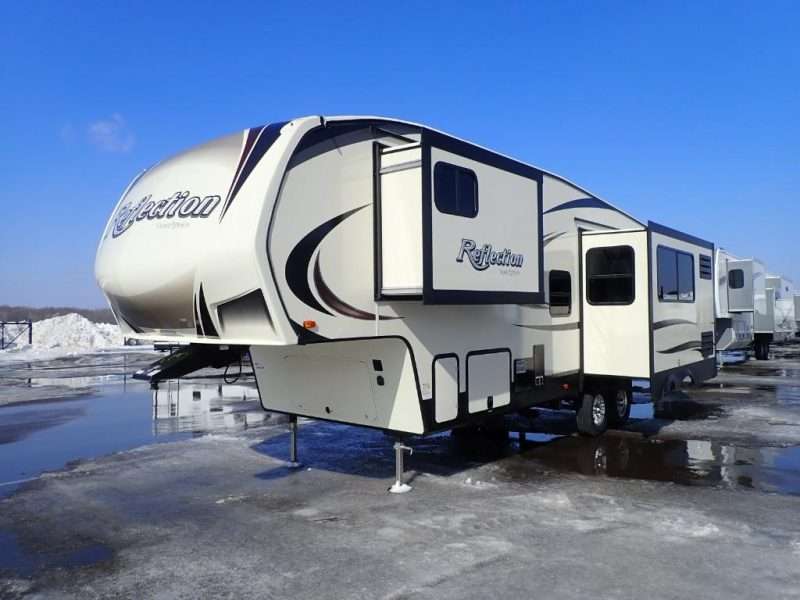
RV ownership is a lifestyle for some and a dream for many others, but there are a lot of myths about RVs and owning an RV that simply aren’t true.
Read on for 10 RV myths busted with the real facts.
RV Myth #1: Model numbers always indicate the length of the RV.
False. The vast majority of the time, this is not true. Although some brands have tried to incorporate the length of the RV into the model number, too many RVs are similar lengths so it doesn’t make sense for practical reasons.
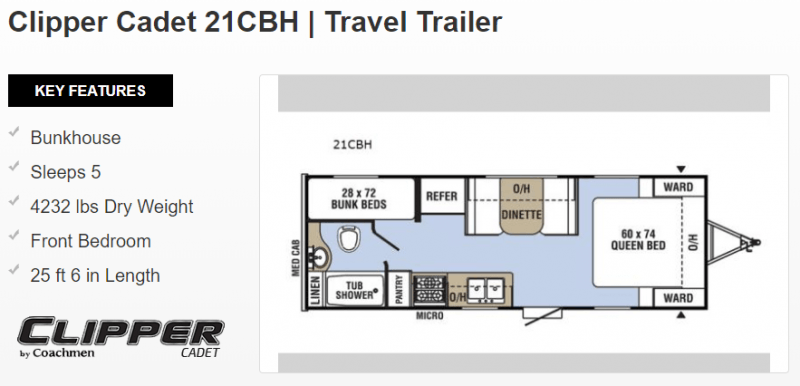
RV Myth #2: If I have a truck, I can basically tow any RV.
False! Each vehicle has a tow rating (or Gross Vehicle Weight Rating) that indicates how much weight you can pull behind your truck. The GVWR is set by the vehicle manufacturer. If you tow beyond your maximum tow rating, you are putting yourself, the vehicle, and other travelers at risk. Even similar models can have different GVWRs based on which tow or trim package you choose. That’s why it’s critical to know your exact vehicle and confirm its towing capabilities before you choose an RV.
With fifth wheel RVs, the other factor to consider is your vehicle’s payload capacity, or the total cargo weight that you can safely add in addition to your truck’s empty weight (or curb weight). Vehicle manufacturers typically note this information in the driver’s doorjamb, but if you don’t have one, you can calculate your truck’s payload capacity by taking the GVWR and subtracting the curb weight. The result is your payload capacity! If you need more information, here’s a great explainer of these two terms.
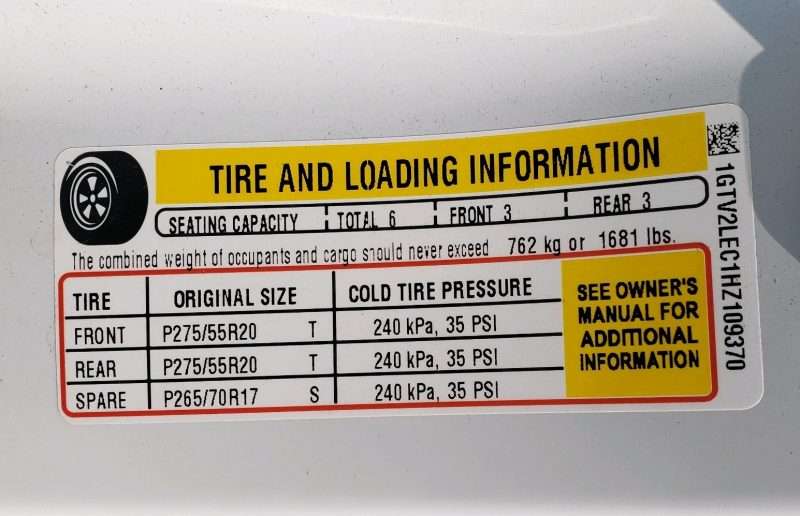
RV Myth #3: If I buy a “four seasons” camper, I can camp and stay warm all winter long.
While we wish this RV ownership myth was true, it’s false. There is no RV that will stay warm enough if you’re in a location that routinely spends multiple days below freezing. Even with extra insulation, an RV will still get very cold inside during extended periods of freezing temperatures. Water lines may also be at risk of freezing, bursting, and causing damage which is why it’s important to winterize your RV.
RV Myth #4: Units with a “Polar Package” have added insulation and can be used for camping in year-round in arctic climates.
Like the previous RV myth, this one is also false – whether it’s called a “Polar Package” or “Arctic Package” or something else. The truth is no RV is designed to be used continuously in sub-freezing weather. At best, you can expect an added insulation package to extended your camping season for a few extra months in select climates. For example, Michigan winters are regularly in the single digits so camping here in January could result in damage to your RV. Alternatively, camping in Alabama during the same month might be possible, if the weather doesn’t experience any huge swings out of their normally mild climate. Of course, you should always refer to your RV manufacturers’ recommendations before camping in any extreme environment.
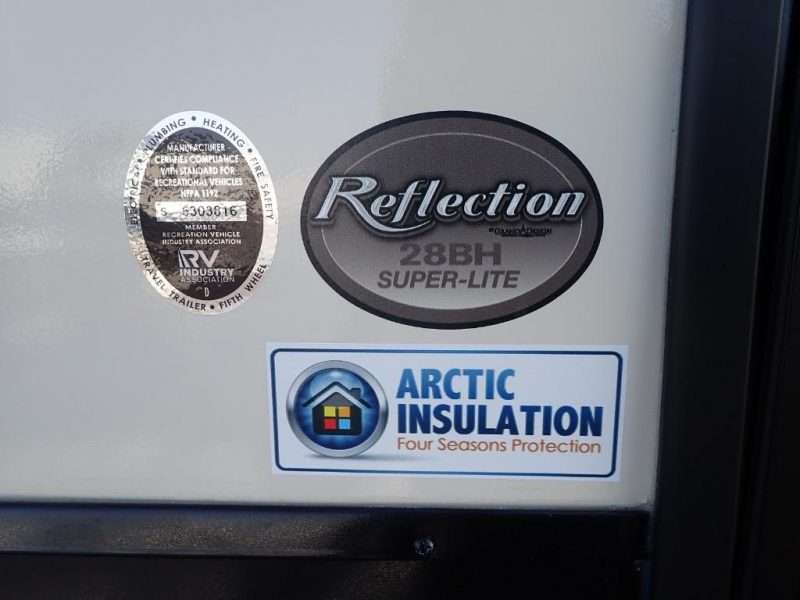
RV Myth #5: Generators with very few hours on them are an added value when buying used.
False. Not using generators for prolonged periods of time actually causes them to wear out more quickly. This is because lack of ‘exercise’ for a generator can cause moisture build-up and fuel system degradation that make the generator run poorly. According to the generator manufacturer, Cummins, it only takes 30 days of sitting idle before the fuel in a gasoline-powered generator begins to gum and varnish the fuel system. This results in hard starting and surging. If you find yourself in need of a new generator or generator accessories, check out a reputable RV parts dealer first. They can recommend the right product for your needs.
RV Myth #6: Motorhomes get terrible gas mileage.
Semi-false. Gas mileage in today’s motorhomes is much better than people think. While motorhomes won’t be as fuel efficient as the average passenger vehicle simply due to their greater weight, there have been a lot advancements made in just the last few years that has equated to better mileage. And, manufacturers are aware of customer preferences so they continue to improve fuel efficiency. If you’re considering owning an RV and looking for more fuel efficient options, check out Class C RVs and B-Vans. They’ll get better gas mileage than a larger motorhome.
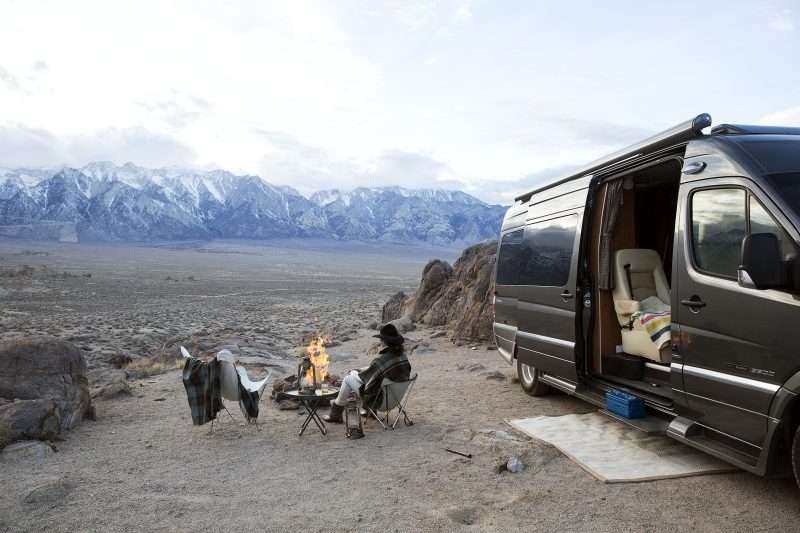
RV Myth #7: I’ll need to get a special license if I buy a large enough motorhome or trailer.
This RV myth is false. No motorhome or trailer that we sell requires any type of special driver’s license in the United States. However, laws and regulations may vary elsewhere. So if you plan on taking your RV out of the country, do your research first. Canada in particular is a very popular destination for RVers. Want to go there? Then start here.
RV Myth #8: If an RV is not branded as “ultra-light” then it is not very light.
Not true. In fact, many models that do not have “ultra-light” (or “ultralite” if you prefer) in their name are still just as easy to tow. Our website has a handy tool to search for RVs by weight. In our Ultralite category, you’ll find options that weigh less than 3,500 lbs.
RV Myth #9: My truck has factory-installed sway control. I don’t need any added sway control or stabilizers.
Not only is this myth false, it’s downright dangerous. While a factory-installed sway control on a truck may ensure that the vehicle does not sway, it certainly will not prevent a trailer from doing so. We carry all types of towing equipment in our Parts Store. If you’re not sure what you need, consult one of our team members for help.
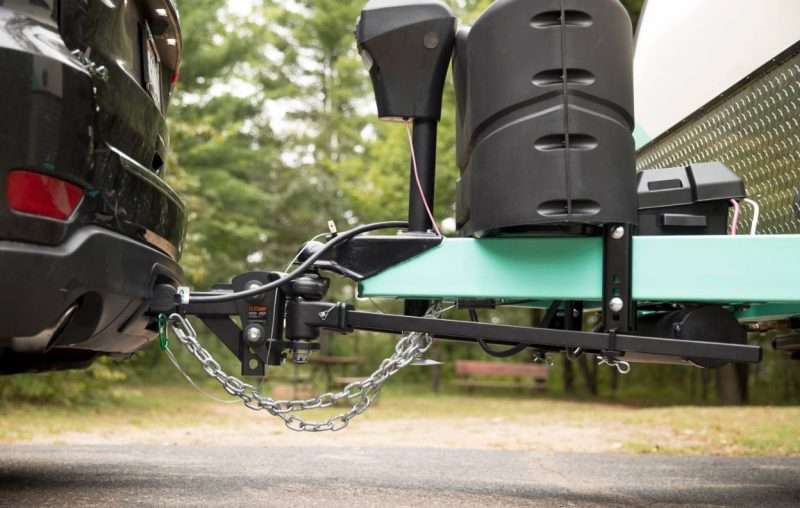
RV Myth #10: I don’t need to store my RV in the winter months.
False. Leaving your RV exposed to the elements can result in long term damage. This can be accelerated by moisture and cold so we recommend storage. Remember, owning an RV is an investment, and you’ll want to protect it as best as possible.
And now you know the truth about some very common RV myths! If you have any other questions about RV ownership, our experts are here to help. Feel free to contact us or visit a dealership near you.